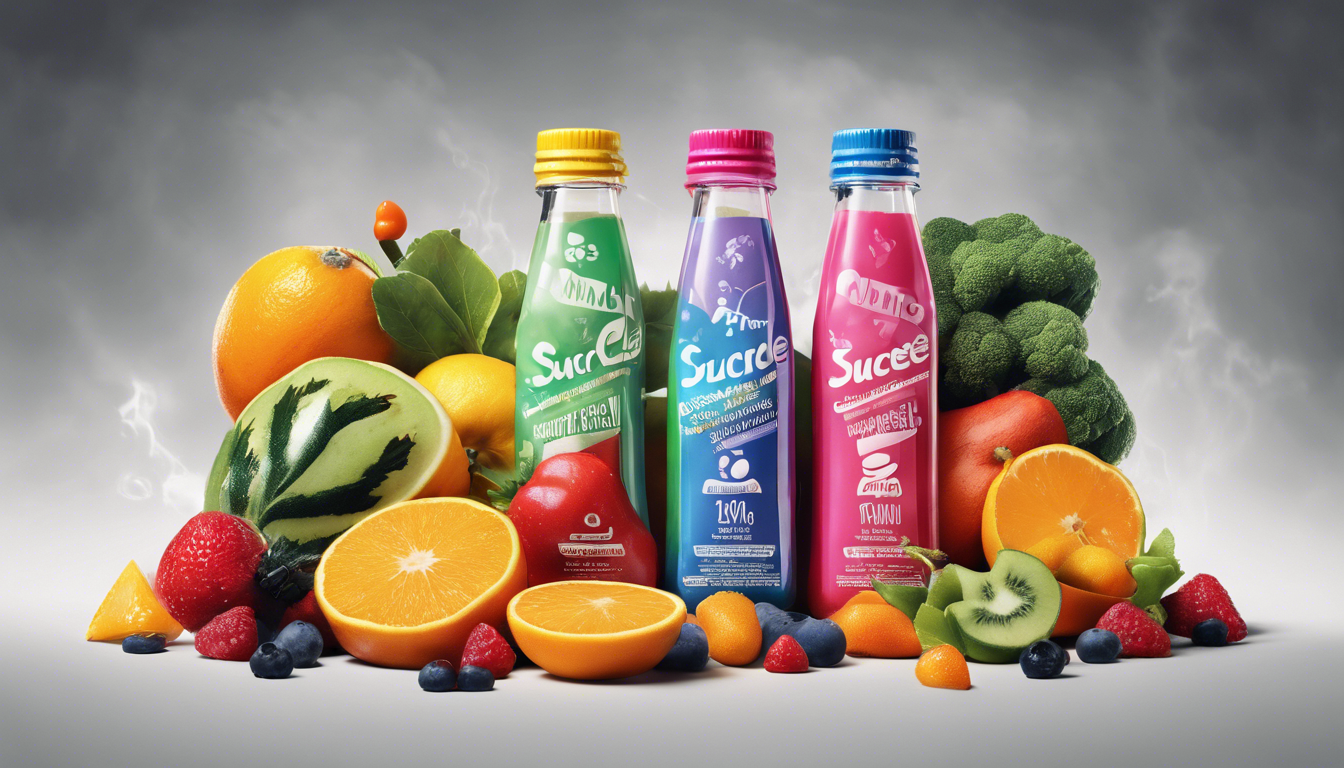In a world increasingly focused on health and wellness, artificial sweeteners often seem like an appealing solution for those looking to reduce their sugar intake.
However, before reaching for that packet of Splenda, it’s essential to consider the potential health risks that come with consuming sucralose, a widely used artificial sweetener.
While sucralose is marketed as a sugar substitute that can help manage diabetes or reduce calorie intake, emerging research suggests that its safety may not be as assured as once thought.
In this article, we’ll explore five alarming health risks associated with sucralose consumption and introduce some healthier, natural sugar alternatives that you might want to consider for a more balanced diet.
Key Takeaways
- Sucralose, despite being marketed as a healthier option, poses several health risks that warrant caution.
- The chemical alteration involved in producing sucralose raises safety concerns regarding its long-term effects on human health.
- Natural sugar substitutes provide not only sweetness but also essential nutrients, making them safer alternatives to consider.
Health Risks Associated with Sucralose Consumption
Sucralose consumption, particularly common in products such as diet sodas and low-calorie snacks, raises significant health concerns that are meriting attention.
Christine Ruggeri’s article ‘Sucralose: 5 Reasons to Avoid This Artificial Sweetener’ highlights that, despite being marketed as a safe alternative to sugar, sucralose may pose various health risks.
Being a chlorinated version of sucrose, sucralose is engineered to be about 600 times sweeter than regular sugar, leading many to believe it can help manage weight without consequences.
However, studies have linked sucralose to negative side effects including gut microbiome disruption, inflammation, and potential metabolic impacts, suggesting that it may not support healthy weight management as claimed.
Additionally, there are concerns regarding long-term safety, particularly because it was originally developed in a pesticide context rather than as a food additive.
The FDA initially approved sucralose in 1998, paving the way for its extensive use, but recent scrutiny has prompted many health experts to advise against its consumption.
Instead, Ruggeri suggests opting for natural alternatives to sweeteners, which not only satisfy sweetness but also provide essential nutrients like antioxidants and vitamins, promoting overall health.
In conclusion, while sucralose continues to be a staple in many diets, it is critical for individuals to weigh the potential health risks against their dietary choices, potentially steering towards more wholesome, naturally sourced sweetening options.
Safer Alternatives to Artificial Sweeteners
When it comes to choosing safer alternatives to artificial sweeteners like sucralose, natural sweeteners rise to the forefront, offering a variety of health benefits while still satisfying the sweet craving.
Stevia, derived from the leaves of the Stevia rebaudiana plant, is one of the most popular natural sweeteners known for its negligible calories and its ability to regulate blood sugar levels.
Another excellent option is monk fruit extract, packed with antioxidants and boasting anti-inflammatory properties, which can enhance overall health beyond just sweetness.
Additionally, raw honey, although calorically denser, provides nutrients and antioxidants that can improve immunity and gut health.
Maple syrup, particularly in its pure form, contains vitamins and minerals such as manganese and zinc that are beneficial to well-being.
Moreover, date sugar, made from ground dried dates, not only sweetens but also brings fiber and minerals into the mix.
By exploring these natural options, individuals can enjoy a sweet taste while also nourishing their bodies, moving away from the potential drawbacks of artificial sweeteners.




